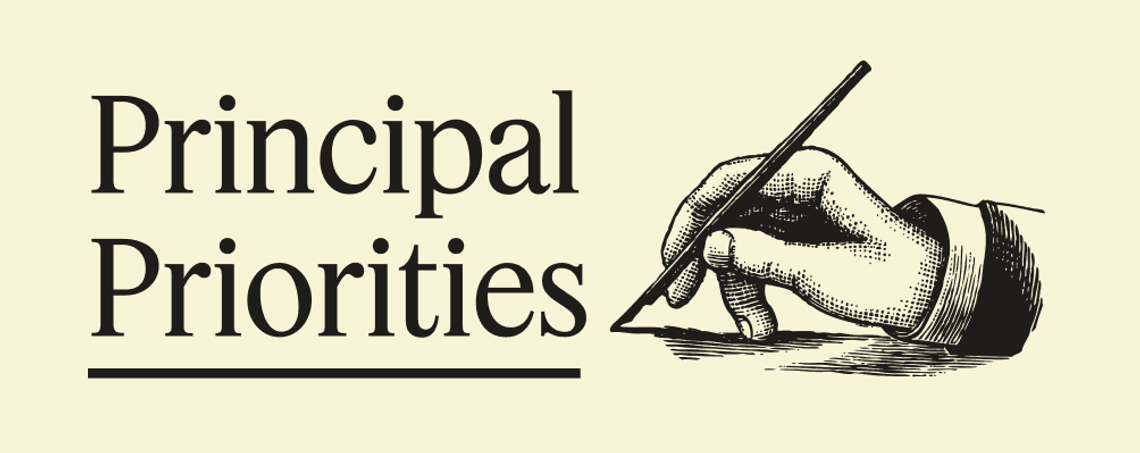 REUTERS/Sarah Silbiger REUTERS/Sarah SilbigerTHE NEWS Senator Mark Warner, D-Va. isn’t quite ready to ban TikTok, the ultra-popular Chinese social media app. But he also had a message to the Biden administration, which is currently reviewing it for national security concerns: Hurry up. “I figured I wanted to give them the chance to make their case first,” Warner told Semafor. But his patience for action, he said, was “running out.” Warner is one of several key Senate Democrats who say they’re at least open to a blanket ban on TikTok in the U.S., which keeps lawmakers up at night worrying about Chinese agents scraping data and their children up at night watching lava fail to melt ice. For now, they’re not rushing to cosponsor a bill by Sen. Marco Rubio, R-Fla. that would do just that. But they also think Rubio is onto something. Semafor spoke to six of the eight senators on the Democratic side of the Senate Intelligence Committee, none of whom ruled out supporting the bill. One, Sen. Angus King, I-Me., an independent who caucuses with the Democrats, told Semafor he is “sympathetic” to the idea of a ban “but not fully on board” yet. Sen. Michael Bennet, D-Colo. told Semafor Rubio is “raising very important questions about TikTok and Beijing’s control of that platform,” while Sen. Bob Casey, D-Pa. suggested lawmakers should be prepared to get out of their comfort zone with more aggressive legislation. “When it comes to China we’ve got to undertake measures that either have not been contemplated before or … deal with issues we have not dealt with before,” he told Semafor. The idea of banning TikTok was born during the Trump administration, when the former president tried to muzzle the social media app by executive order. A court halted it and Biden ultimately revoked the executive order when he took office, instead conducting talks with TikTok’s Beijing-based parent company, ByteDance, about a potential deal to address their concerns. Lawmakers in both parties still fret that data belonging to American TikTok users could end up in the hands of Chinese officials and potentially be used in surveillance or propaganda efforts. Detractors worry they could be compelled by China’s government to hand over U.S. information under a data security law. Rubio’s bill has a Democratic sponsor in the House, Rep. Raja Krishnamoorthi, D-Ill., but not in the Senate. There’s an effort behind the scenes afoot to acquire bipartisan support in the upper chamber, however. “We’ve had conversations, but nothing to share,” a Rubio spokesperson said. MORGAN’S VIEW You can hold off on breaking the sad news to the Gen Zers in your life, a full TikTok ban is still unlikely, in part because it would spur substantial pushback from Americans among whom the app is very popular. (And plenty are, in fact, voting age). That gives the White House plenty of motivation to secure a deal that would satisfy both sides. Though it has run into delays due to a range of U.S. concerns, the White House is still attempting to reach an agreement with the company aimed at securing U.S. data, and Democrats seem like they’ll hesitate before torpedoing those talks. The fact that influential Democrats aren’t ruling out a total ban does highlight the depth of their concerns about the app. But lawmakers worried about TikTok may find it more palatable to support narrower bans, like a bill sponsored by Sen. Josh Hawley, R-Mo. that would prohibit the use of TikTok on government devices. It passed the Senate by unanimous consent on Wednesday, but faces a more uncertain path in the House. ROOM FOR DISAGREEMENT Some see the recent action on Capitol Hill and elsewhere as a sign of the tide definitively turning against TikTok. “The end-game is finally coming into sight in TikTok’s long-running attempt to escape being banned in the US,” Richard Waters writes in the Financial Times, adding that the legislative efforts represent “a shot across the bows of the White House.” | 






